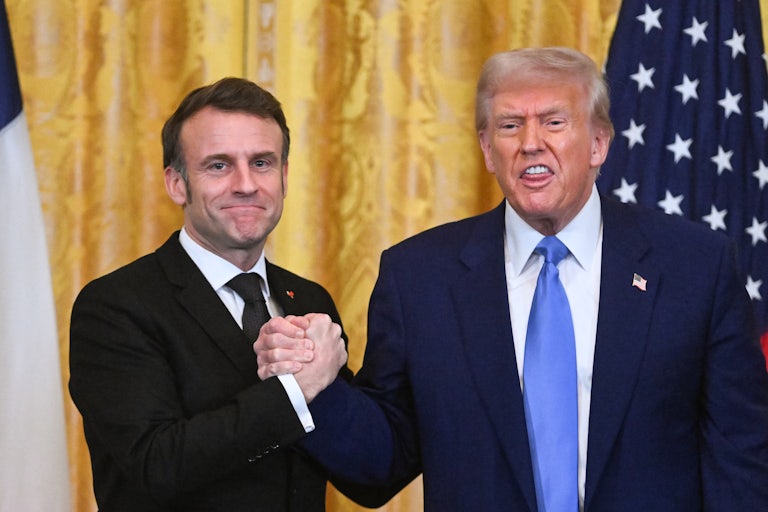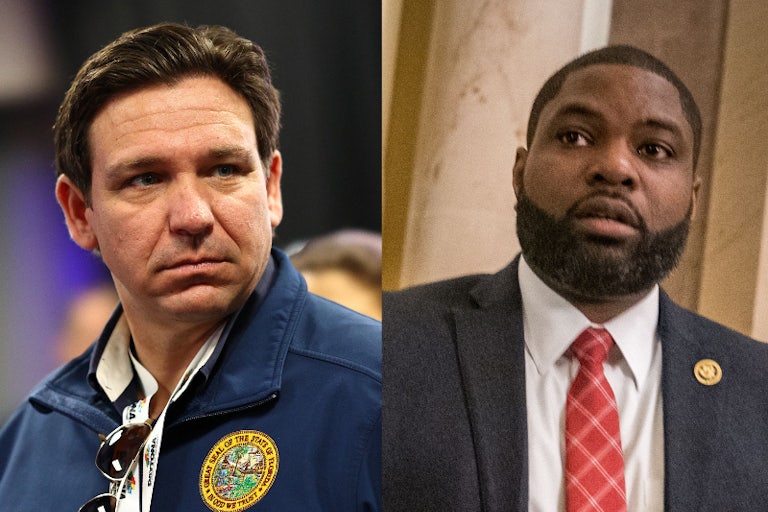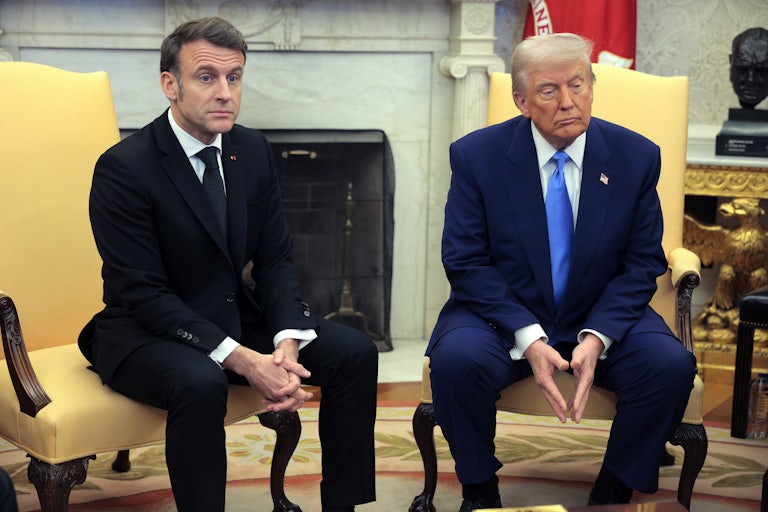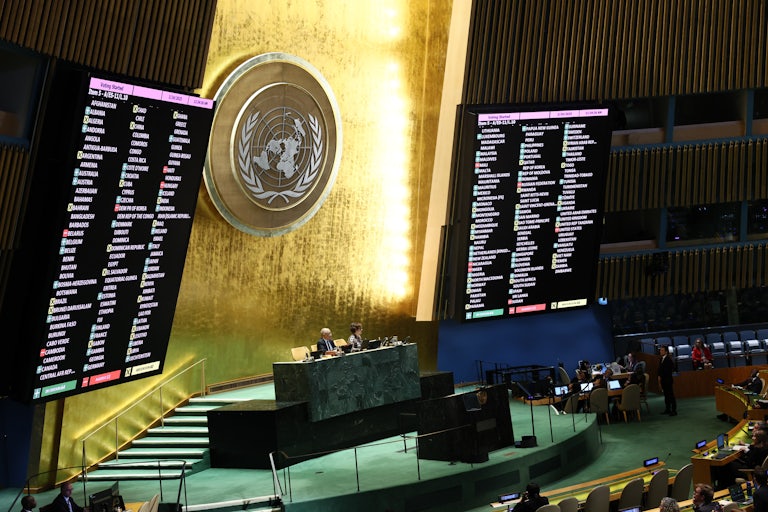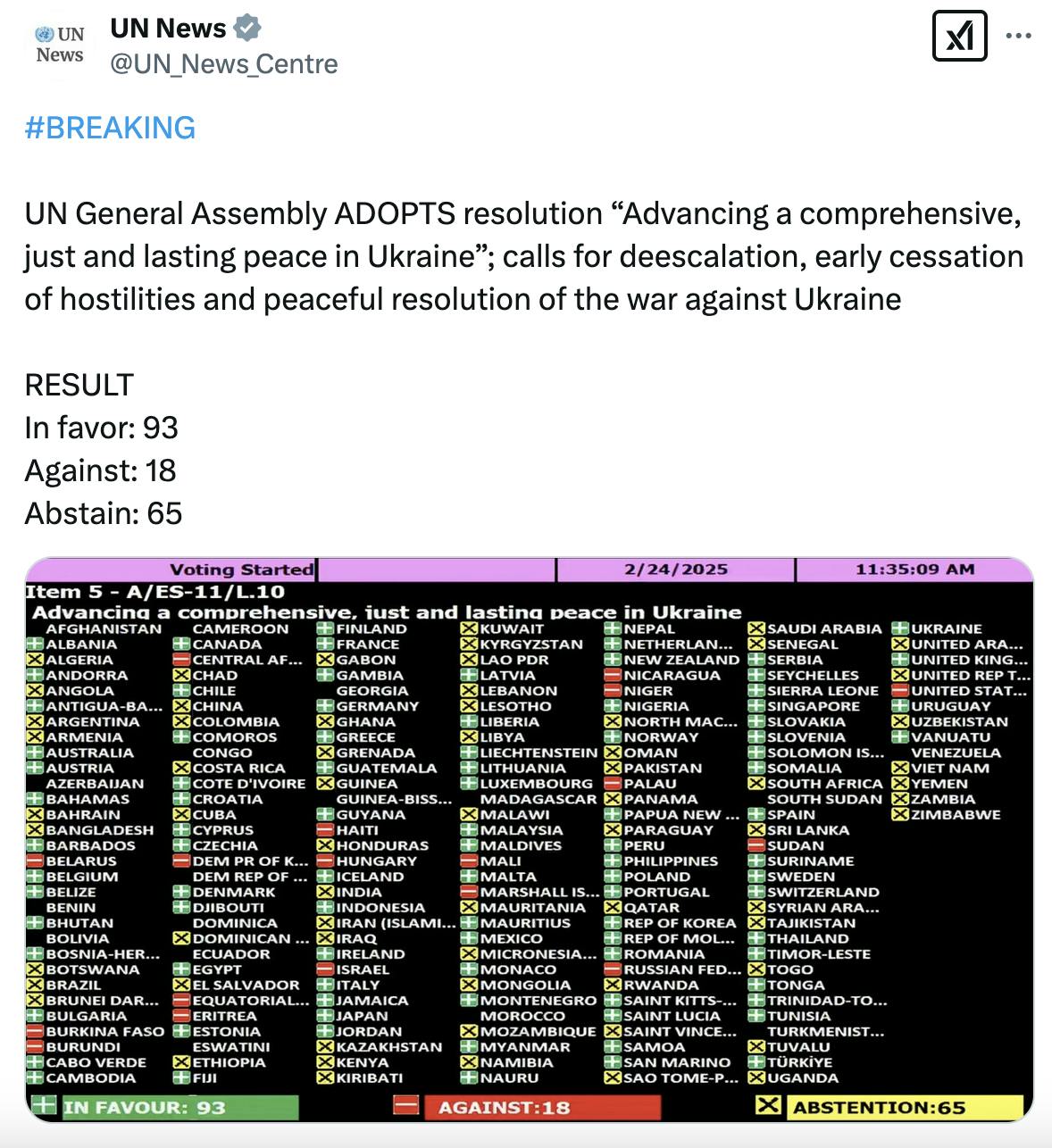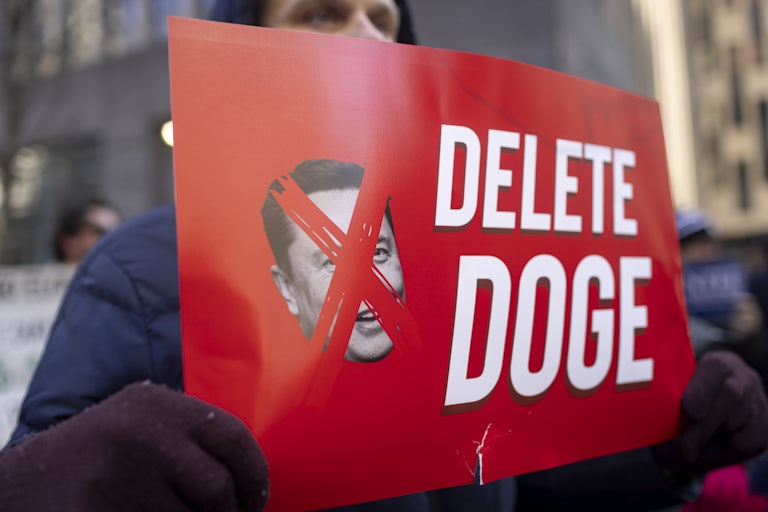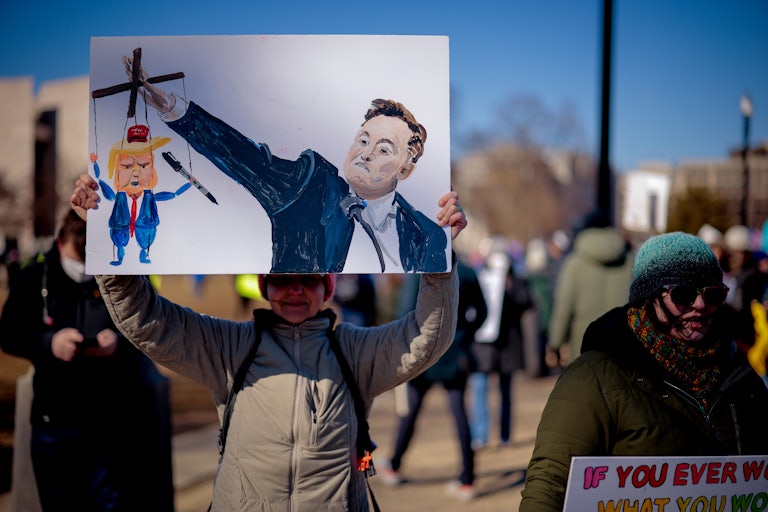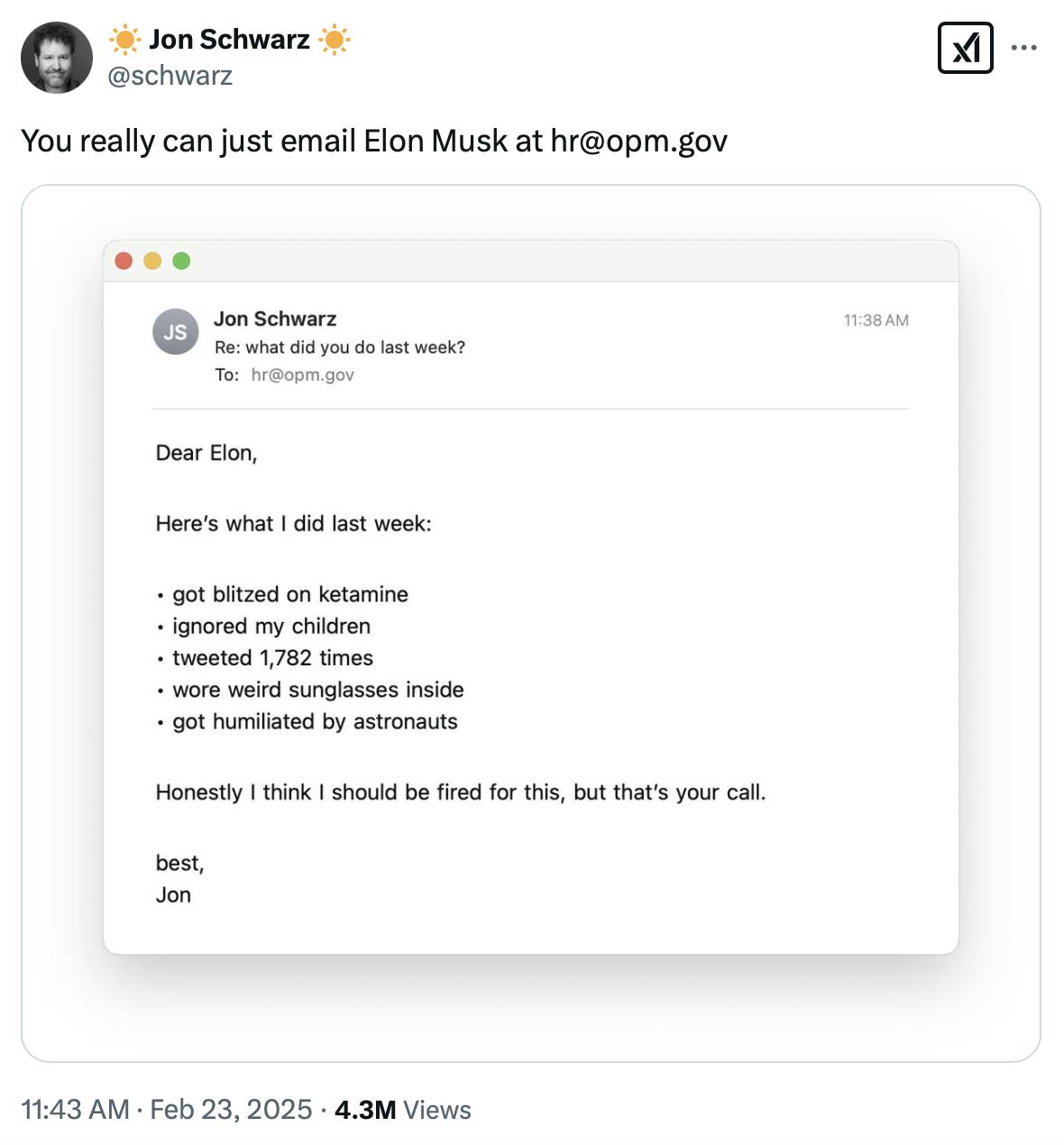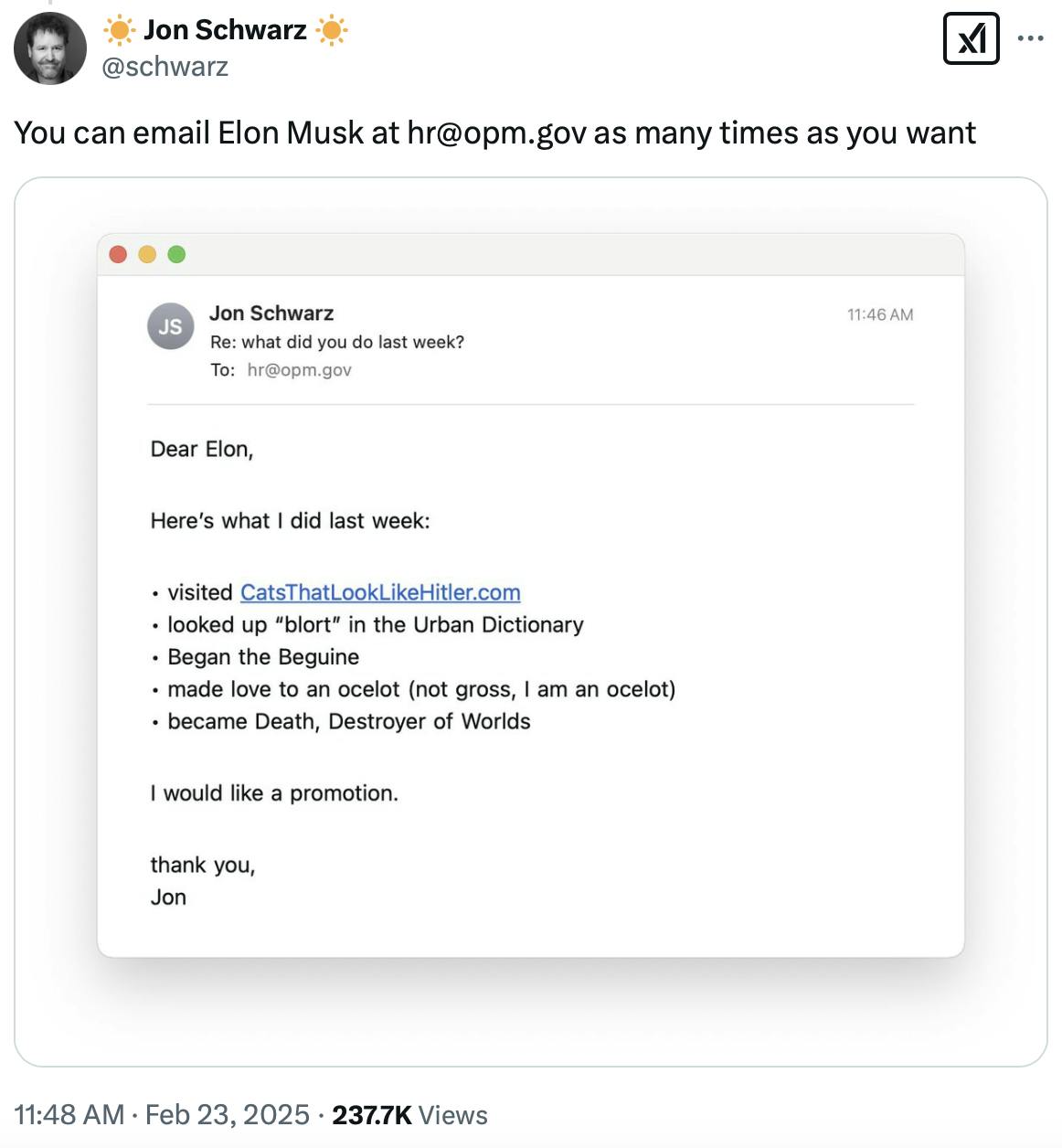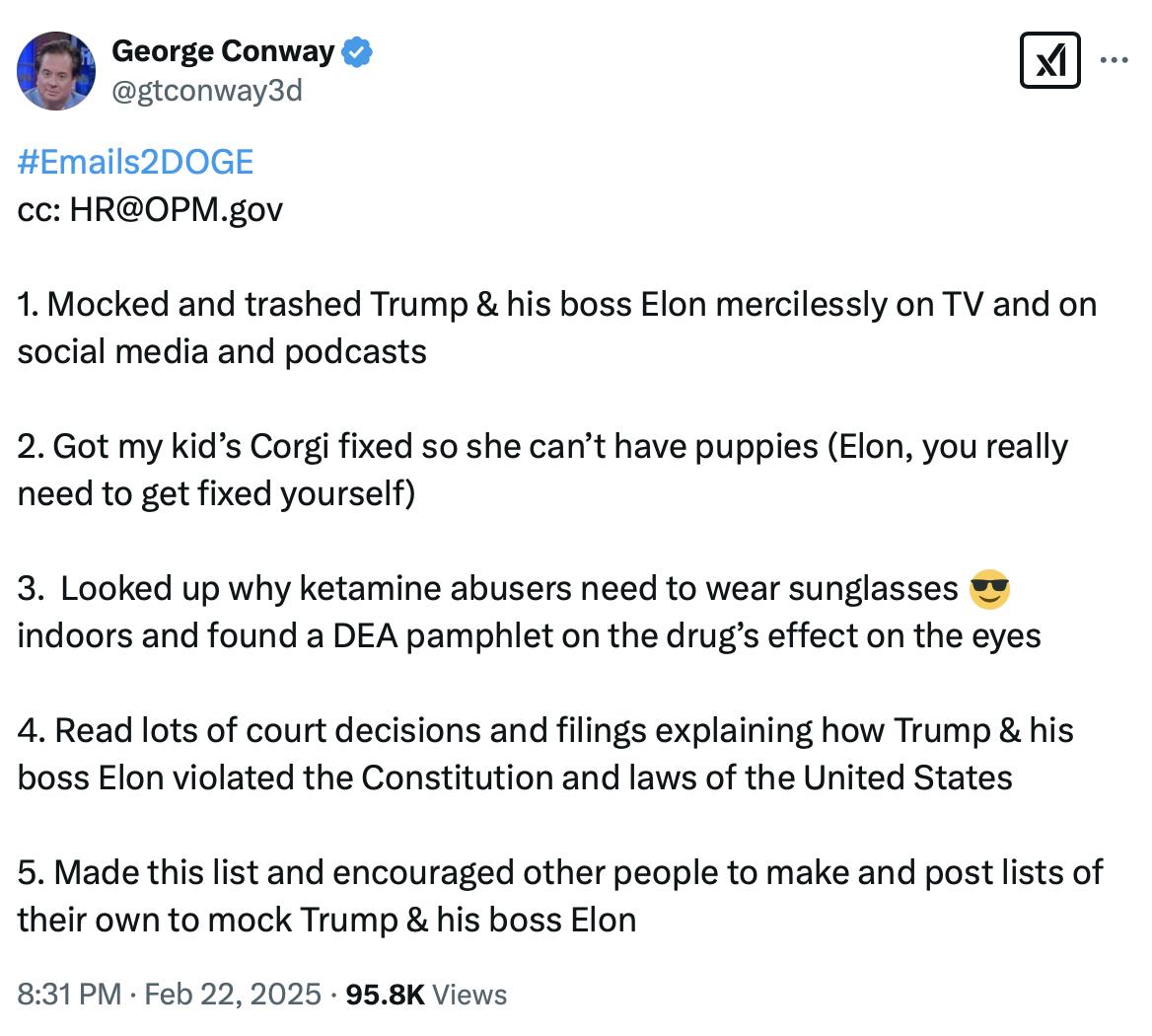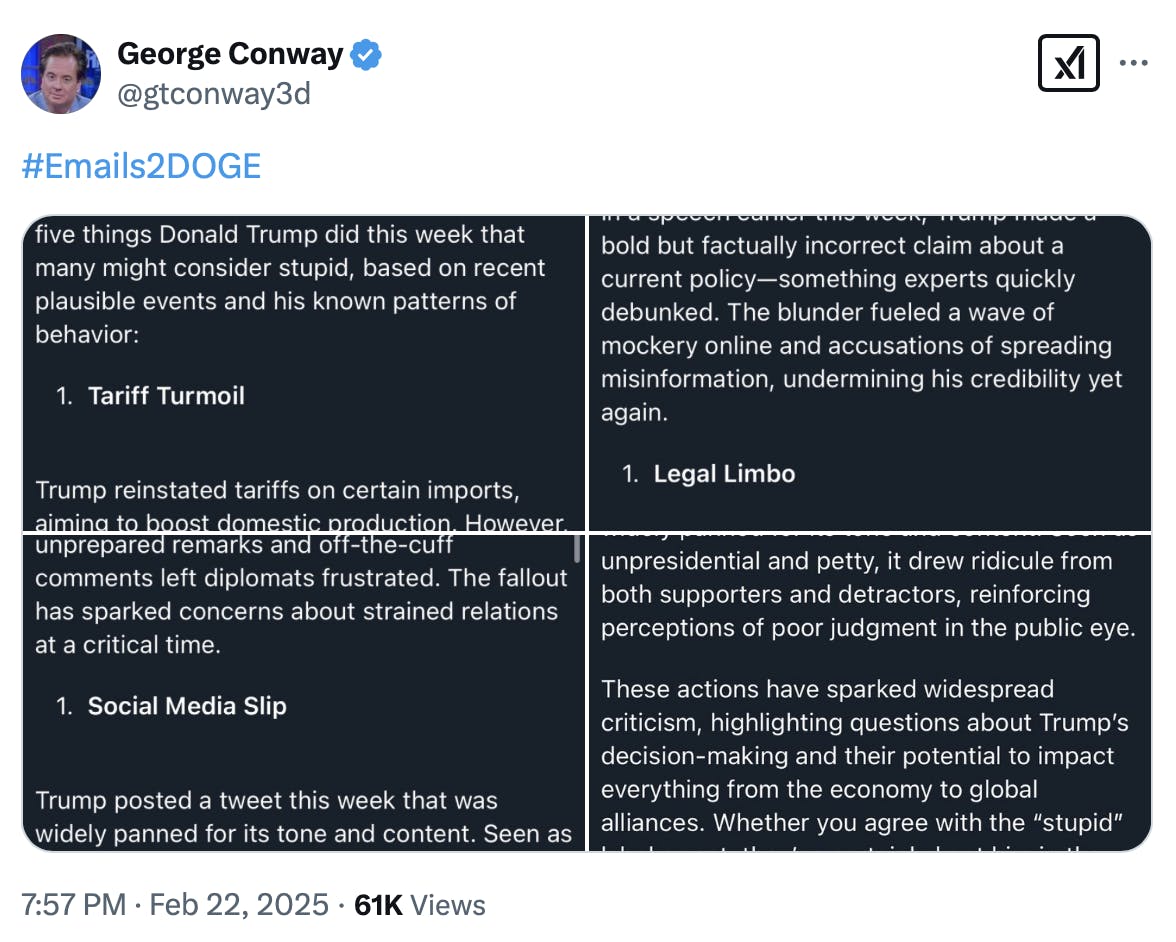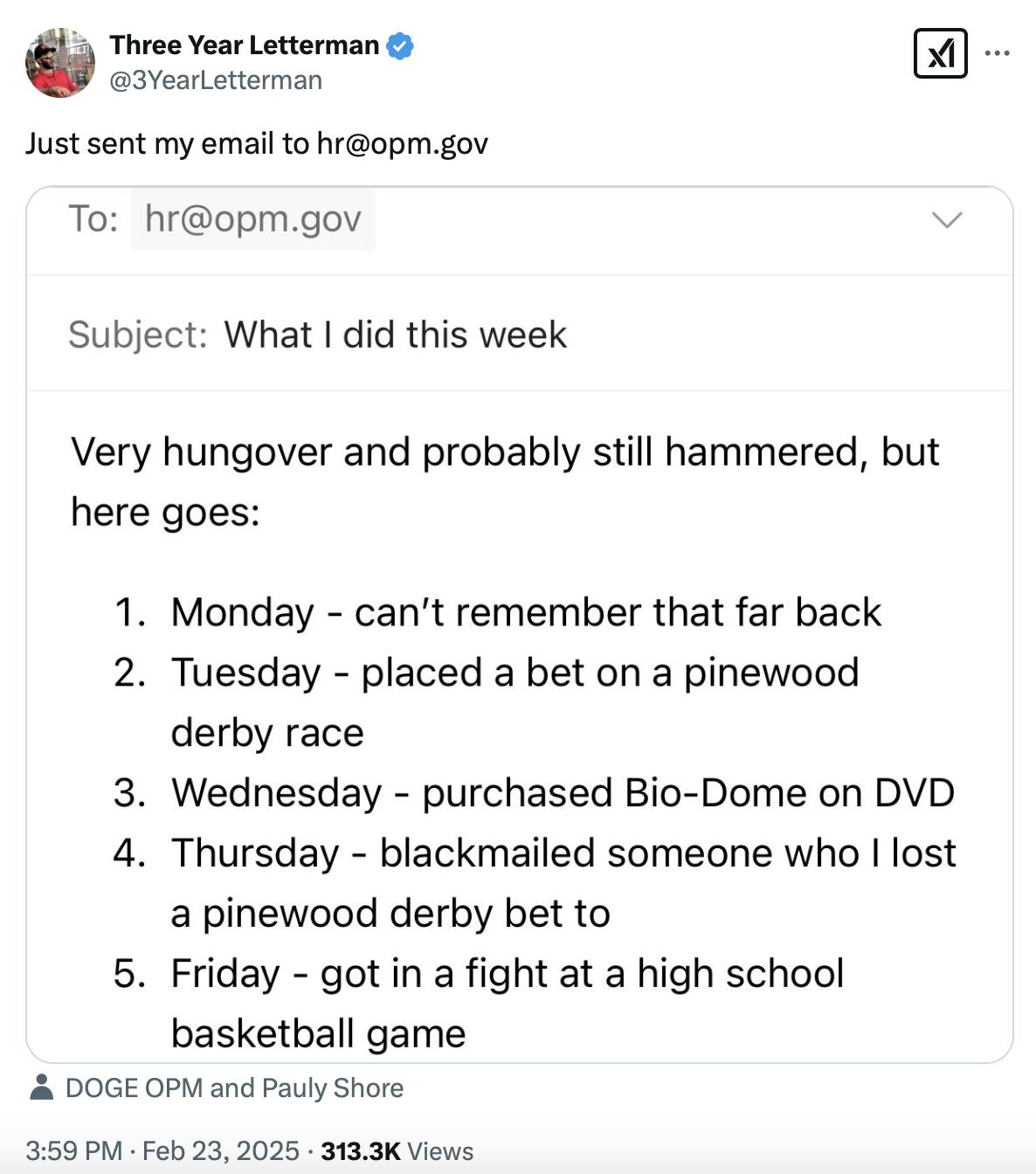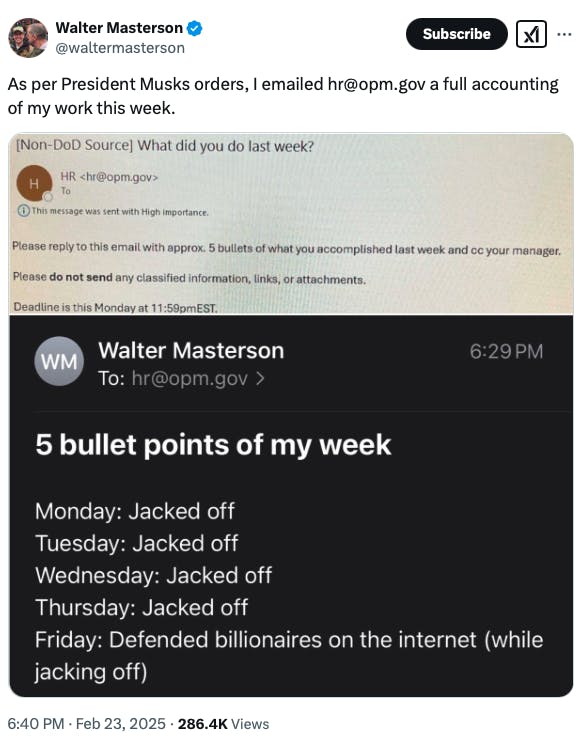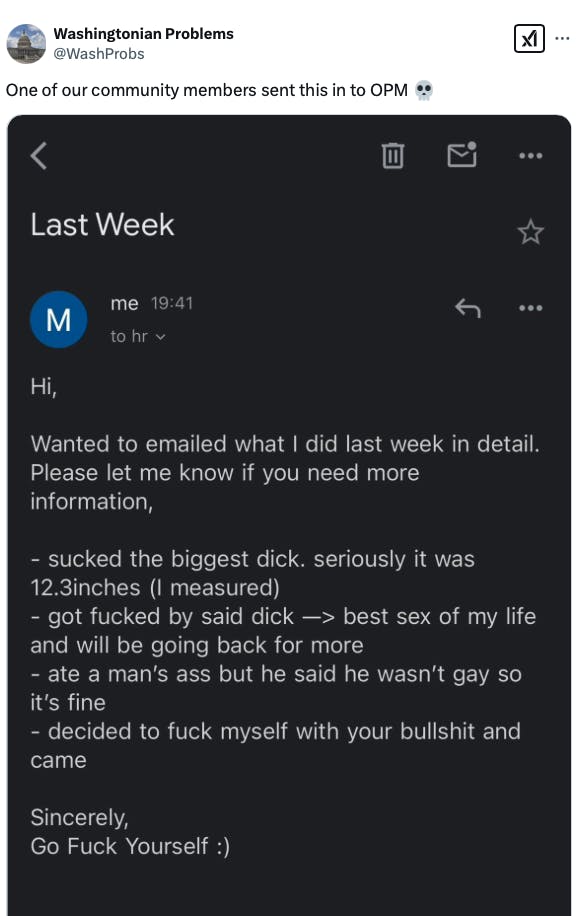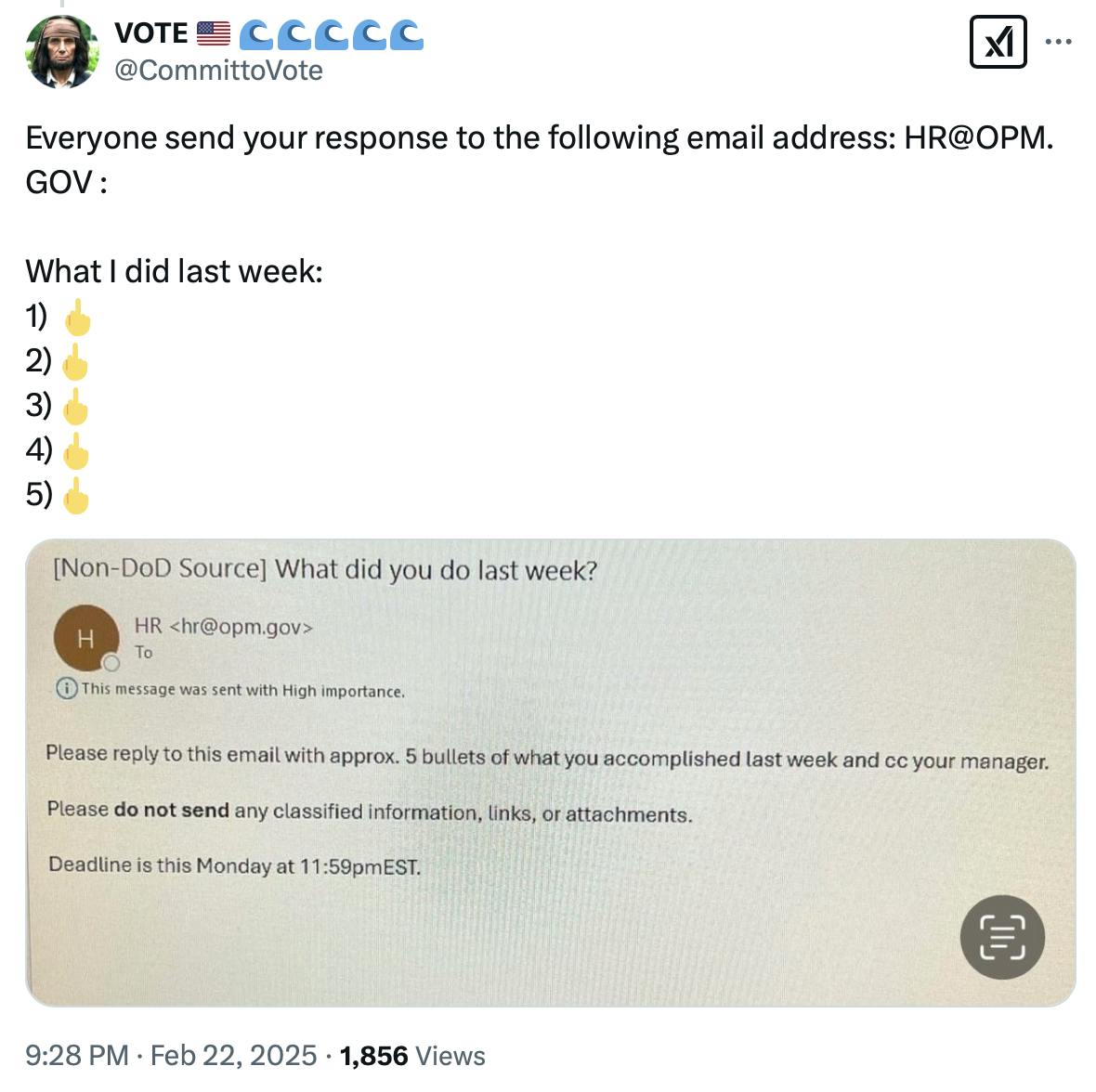Trump’s Funding Freeze Creates Narco Dream at Mexico Border
Donald Trump has already broken a key campaign promise with his funding freeze.
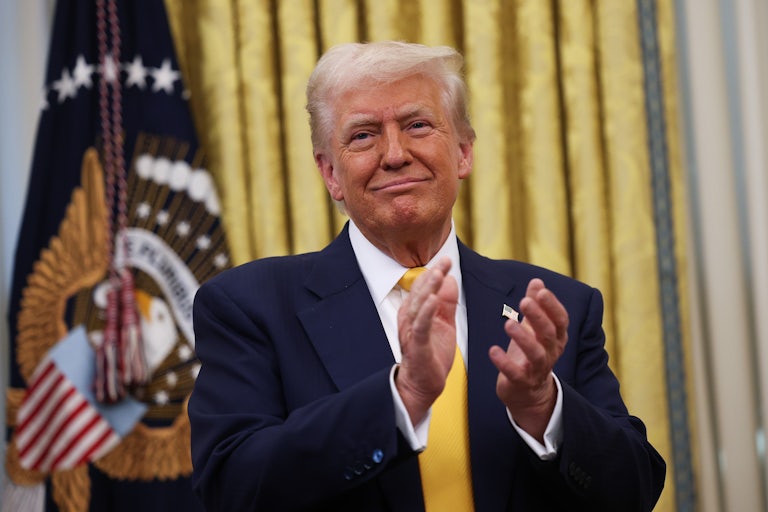
Donald Trump’s freeze on foreign aid is hurting one of his major campaign promises: taking on fentanyl and ending overdose deaths from the drug in the U.S.
Reuters reports that a United Nations counternarcotics program that seeks to stop fentanyl chemicals from reaching Mexico’s drug cartels has been held up by Trump’s aid freeze, citing eight unnamed sources. The effort gave the Mexican navy training and equipment to boost screening at Mexico’s busiest container port, the Port of Manzanillo. Two more Mexican ports were supposed to be added to the initiative this month until funding was cut off.
The U.S. provided $800,000 in funding to launch the project in 2023 at the Port of Manzanillo, which is used heavily by Mexican drug cartels to sneak in Chinese chemicals used to help manufacture opioids and methamphetamine. Drug traffickers have also used cargo ships leaving the port to stash finished drugs headed overseas. More cargo scanners and drug-testing equipment were supposed to arrive at the Port of Manzanillo before the freeze as well.
Trump’s interruption of foreign aid has also hurt other U.S. anti-drug efforts in Mexico, including a program to train Mexican law enforcement to find and take down hidden fentanyl labs as well as donations of drug-sniffing dogs to the country.
While the Trump administration has scrambled to resume other anti-fentanyl programs with Mexico, including $7.8 million in funding for the State Department’s Bureau of International Narcotics and Law Enforcement Affairs “to counter production and trafficking of fentanyl and to dismantle terrorist criminal organizations,” the rest of the bureau’s $50 million in funding is frozen.
Last week, the Trump administration labeled 8 Latin American drug cartels as “foreign terrorist organizations” as part of its efforts to combat drug trafficking and migrant smuggling, stepping up its military actions in Mexico as well. But Trump may soon find that counterterrorism mixed with tariffs threats is no replacement for badly needed aid.
“Stopping all these programs at this moment, I just don’t see how this is going to have a positive impact on reducing the numbers of fentanyl deaths in the U.S.,” a former State Department official, Enrique Roig, told Reuters.
